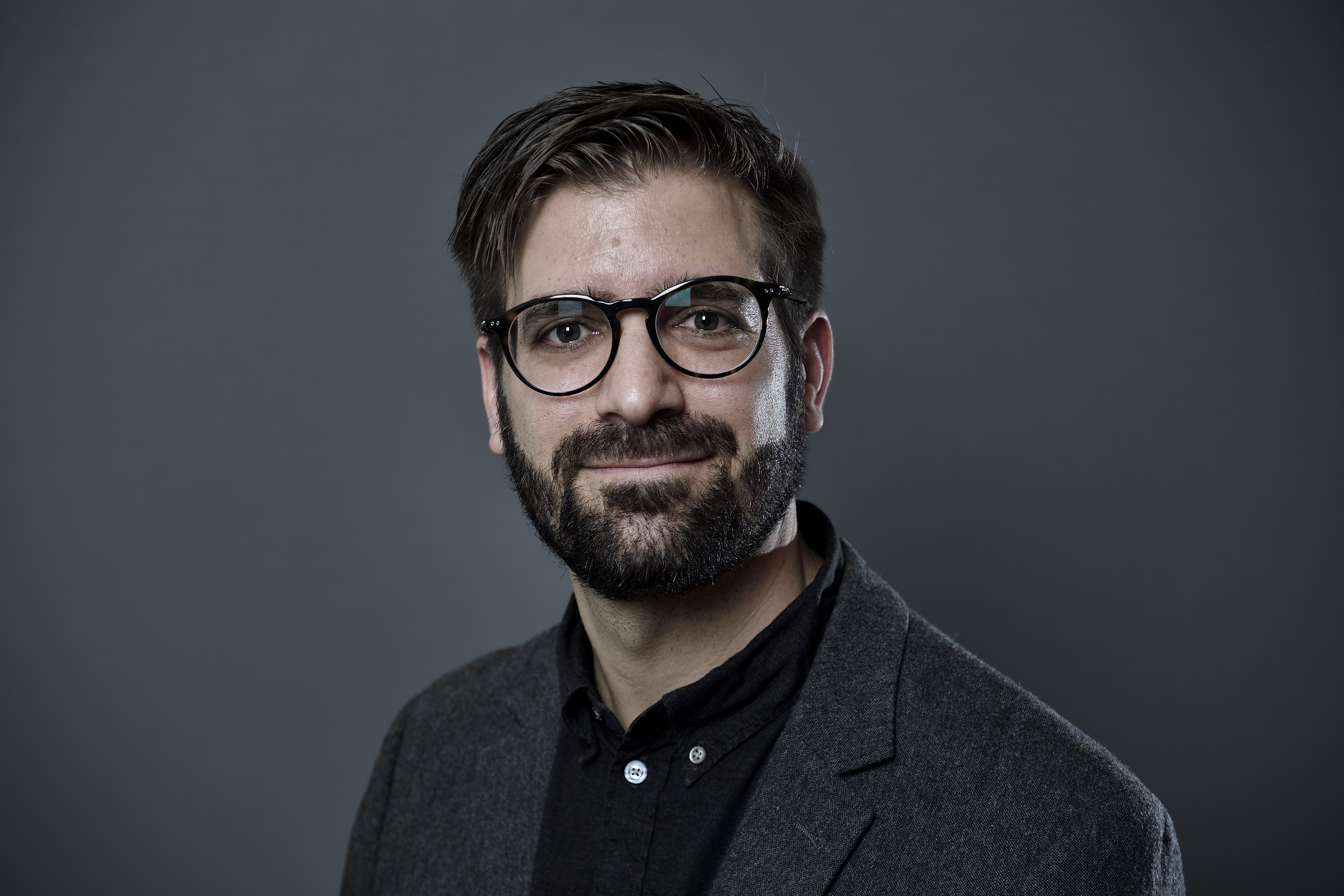Andreas Bandak
Research leader

Project title
Archiving the Future: Re-collecting Syria in War and Peace
What is your project about?
Arguably, no war has been as well-documented visually as the ongoing war in Syria. Despite the excess of visual documentation of the Syrian war, the actual processes whereby some images come to embody what Syria was, is and is to become for Syrians themselves remain understudied. This ethnographical research project explores how Syrians actively have archived and continues to archive images for the future. This project contributes to a theoritization of how the future is conceived, and how not just war, crisis, and conflict but also peace, reconciliation, and coexistence are negotiated as possibilities in recreating Syria.
How did you become interested in your particular field of research?
I have conducted ethnographic fieldwork in Syria between 2004-2010 and subsequently in Lebanon from 2012 and onwards, researching Syrian life and realities. My interest grew out of a desire to understand what drives human beings in actual situations: how people live and reflect on their life and reality. An anthropological engagement has given me the opportunity to entertain a theoritization in social terms over how life is lived and made sense of.
What are the scientific challenges and perspectives in your project?
The scientific challenges this project poses to a large extent revolves around how the multiple realities, which characterizes Syrian experiences of the war but also its aftermath yields a broad array of interpretations and positions. Accordingly, the implication is that several ethical considerations are related to how our the project can explore and represent these tensions. At the same time the scientific perspectives are that we through these engagements can formulate an understanding on how life is made sense of and recreated after war and theorize the work on making viable futures in social and cultural terms.
What is your estimate of the impact, which your project may have to society in the long term?
Through the project I have an ambition of establishing a visual archive over the images Syrians themselves mobilize and discuss in family networks, amongst activists, and in officially mediated footage on selected TV-stations. The project hereby aims to facilitate a greater awareness for how Syrians actively rethink their lives and opportunities. It is the ambition to make this visual archive into an exhibit and to circulate it in order to beyond our research insights contribute to a conversation on Syria for both for Syrians themselves but also for a broader Danish public.
Which impact do you expect the Sapere Aude programme will have on your career as a researcher?
The Sapere Aude programme gives me a formidable opportunity to set a team, which at the highest international level can work with the project's key problems. The programme also affords me the change to lead a research project, where we have a very strong international setup with key interlocutors based in Cambridge, Chicago, Geneva, Melbourne and New York. The project therefore will anchor my research further in some of the strongest international research environments and help me develop new insights for future research collaborations.
Background and personal life
I am married with Elisabeth, who is doing research on training and arthritis based at Parker Instituttet at Frederiksberg Hospital. Together we have three wonderful kids, who are active in playing music, playing football, as well as in school and kindergarten. We live close to Amager Strand and enjoy having both the city as well as the beach and sea close by. Our hope is that all of us as a family can make the most of some of the research stays, which this project makes possible.
View all research leaders here
Research institution
University of Copenhagen, Centre for Comparative Culture Studies, Dept. for Cross-Cultural and Regional Studies
Research field
Anthropology
City of your current residence
Copenhagen S.
High school
Nykøbing Katedralskole
